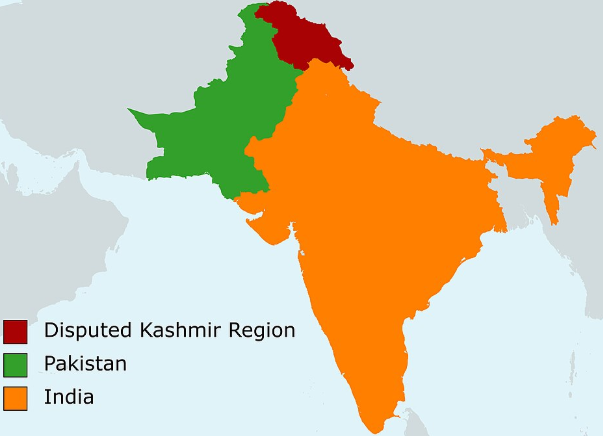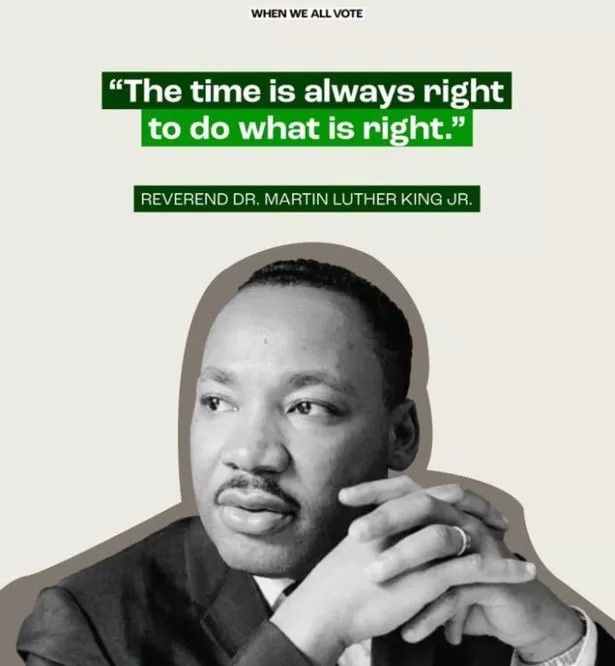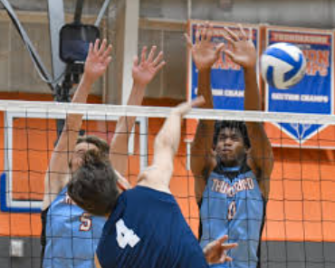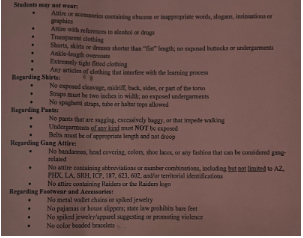National Eating Disorder Awareness Week
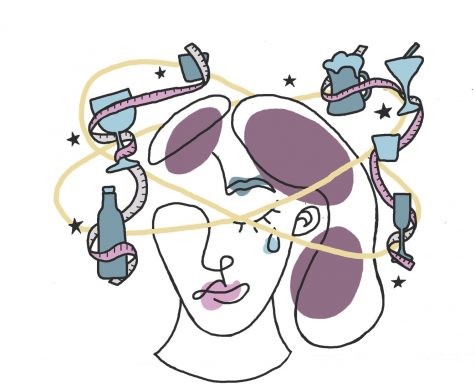
February 23, 2023
Eating disorders are a big problem that people do not consider enough. For over ten centuries, eating disorders have shaped lives and customs. This year’s National Eating Disorder Awareness Week takes place between February 27 to March 5. There are several kinds of eating disorders, all with different characteristics and problems. Anorexia nervosa is characterized by a lack of eating or appetite. Bulimia nervosa is described as forcing oneself to vomit after eating a meal. Binge eating disorder (BED) is defined as overeating for any certain reason. Even though these three main disorders seem very different, they all have severe effects on the victims.
History
The first recorded form of eating disorder was marked by bulimia in the seventh century. Rich individuals would start their meals off by eating as much as they could, then force themselves to vomit and continue eating. They did this to prove their wealth, showing how much food they could afford.
In the twelfth and fourteenth centuries, religious individuals would starve themselves to prove they could deny the temptation. The temptation was considered to be sinful, so denying the desire to eat was their way to prove they were puritanical. Later on, in the eighteenth century, doctors declared anorexia nervosa an official psychiatric condition instead of a physical one. Finally, in the ’70s, doctors identified bulimia nervosa as a branch of anorexia nervosa.
Eating Disorders Today
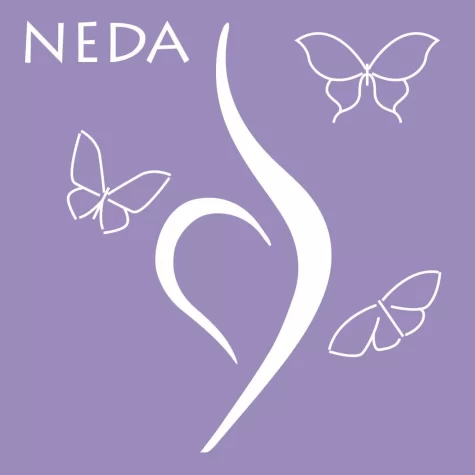
As the rise of social media has impacted everyday lives, unhealthy body images have risen with it. According to News Medical Life Sciences, a study with young adolescents proved that teens with social media are at a much higher risk of developing an eating disorder. “The study has found that about 52% of girls and 45% of boys opt for skipping meals, heavy exercise, and other behaviors associated with eating disorders. Of all participants, about 75% of girls and 70% of boys have been found to have at least one social media account, with Instagram being the most common.” This is because social media commonly highlights individuals with disproportionate bodies. With the power of filters, angles, and photo value editing, one’s photos can become strangely inaccurate to what the person truly looks like. Unrealistic and unhealthy stereotypes are exactly what lead individuals to develop an eating disorder. Up to seventy million individuals suffer from some form of an eating disorder.
Eating disorders do not only affect the mind but the body, as well. When the human body is deprived of nutrients, it begins feeding off of fat and muscle tissues. Muscles, including the heart and the entire cardiovascular system, begin to deteriorate and can cause permanent health issues if not properly treated. When the circulatory system fails to pump blood to the brain, or the brain does not receive the one-fifth of the calorie intake it needs to function, the body may begin to experience dizziness, muscle spasms, fainting spells, and even seizures. These symptoms can cause brain damage which, depending on the severity, is irreversible. Every hour, someone around the world dies from an eating disorder.
How to Help
If you see something, say something! Nobody should have to experience this hornet’s nest alone. So, how can you help someone who may be experiencing an eating disorder? The first thing to do is raise your concern to them. They may try to fight back to deny it, but you have to be prepared for that. If you believe that person is suffering from low self-esteem, reassure them, and pay a compliment. If the individual is not inclined to receive professional help, tweak things at home. Set healthy examples of how one should consume nutrients. Try different meals that may be more comfortable for that person, and promote self-esteem. Overall, having patience and being supportive is the best thing to help that individual.
Eating Disorder Help Lines
NEDA – Call or text (800) 931-2237, Monday to Thursday, 11 am to 9 pm
National Association of Anorexia Nervosa and Associated Disorders- Call 1-630-577-1330, Monday to Friday, 9 am to 5 pm
Multi-Service Eating Disorders Association – 1-617-558-1881 Monday to Friday, 9 am to 5 pm.


